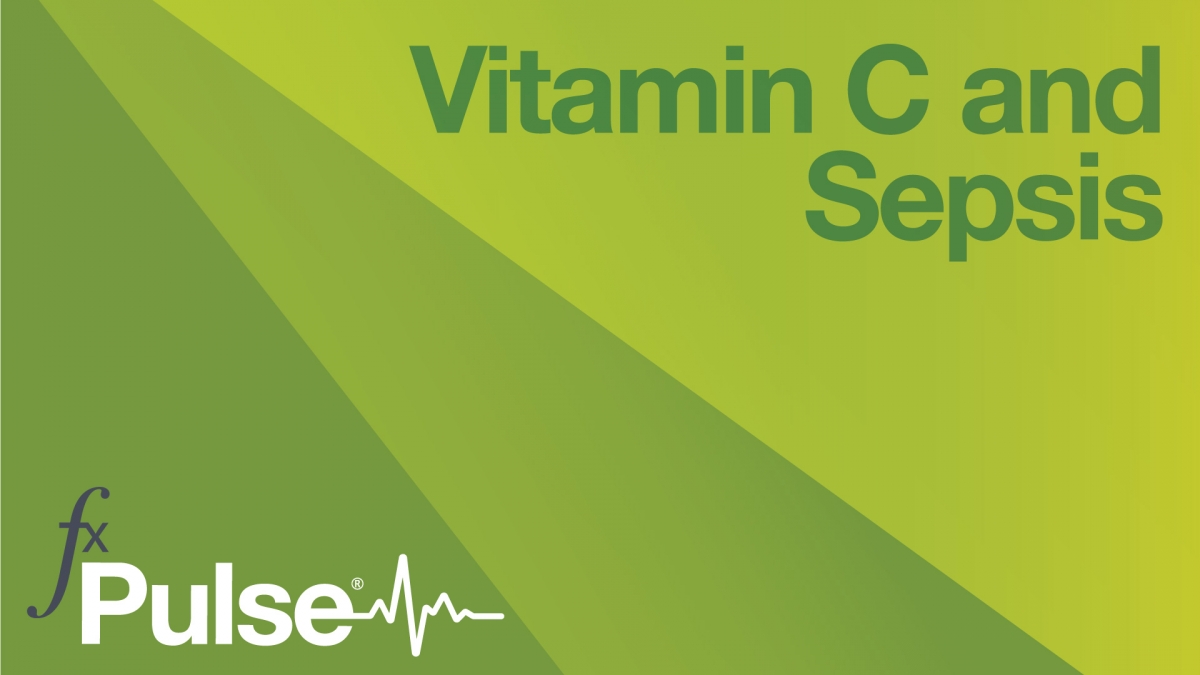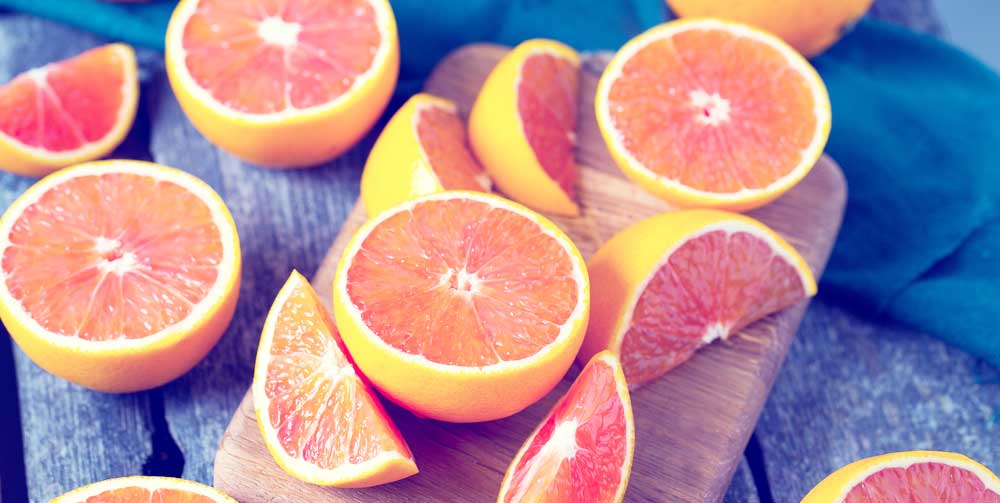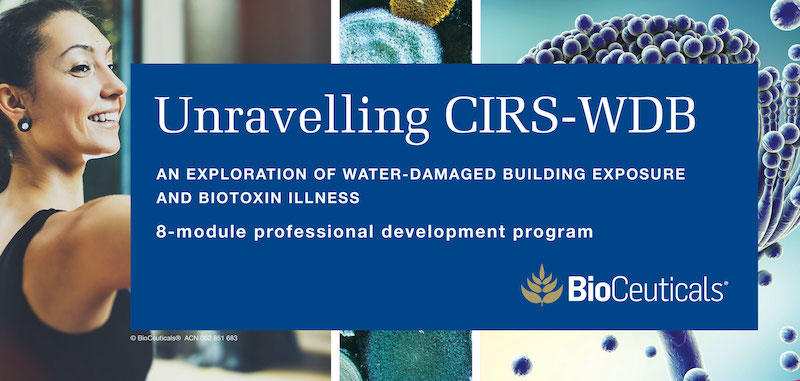Vitamin C has many important roles in the body, including supporting the production of collagen within the tissues and enhancing the activities of the immune system.
It can sometimes be difficult to consume enough vitamin C-rich foods and, sadly, our food supply contains less and less of this water-soluble nutrient because of premature food harvesting, artificial ripening and food processing.
Nobel Laureate Dr Linus Pauling was perhaps the best known advocate of the benefits of vitamin C. According to Pauling, vitamin C can help fight the effects of ageing, fight cancer and provide support for healing of all the body’s cells. It may also be able to kill harmful bacteria, viruses, fungi and parasites within the body when present in sufficient concentrations. Finally, it helps fight the effects of flu, allergies and chemical exposure.[1]
The Role of Vitamin C
- When damage occurs to the body, vitamin C helps rebuild the tissue and minimise scarring associated with the injury.
- It also maintains the integrity of connective tissue – cartilage, capillaries, bones and teeth.
- Vitamin C is involved in the biosynthesis of hormones.
- Vitamin C helps your body deal with stress by supporting the adrenals.
- Vitamin C supports the immune system – it helps the body fight infections and reduces the effects of environmental pollutants.
- An extremely powerful antioxidant in itself, vitamin C also helps regenerate other antioxidants like glutathione and vitamin E.
Why supplement with vitamin C?
Almost all animals and plants synthesise their own vitamin C but there are a few animals that cannot make their own including guinea pigs, some monkeys, a species of bat and humans.
Animals, when adjusted for human size and weight, make the equivalent of 5-15g of vitamin C a day, mostly in their livers, when stress free. Production can more than double when the animal is distressed (and so too the consumption by the body!).
Our genetic ancestors actually once had the ability to synthesise vitamin C but lost it millions of years ago. The enzyme that converts glucose to vitamin C (L-3 gulonolactone oxidase) is now missing in humans. Scientists estimate that without this mutation we would be making 10-30g of vitamin C a day (this is 10,000-30,000mg). An amount much greater than the RDA of just 45mg.

Related Content | Is IV Vitamin C the Answer for Sepsis Rescue?
Why flush your body with vitamin C?
A vitamin C flush delivers very high doses of vitamin C in order to achieve tissue saturation – and in the process, supports the immune system and rapid healing. A vitamin C flush can be done anytime you might be feeling run down, recovering from illness or trauma/surgery, or your immune system simply needs a boost.
Factors which increase your requirement for vitamin C:
- Increased oestrogen (e.g. the oral contraceptive pill or HRT)
- Stress
- Infection
- Injury
- Poor diet
- Toxin exposure/intake (e.g. smoking, pollution)
It appears the amount of vitamin C which can be tolerated orally, without producing diarrhoea, increases somewhat proportionately to how unwell you are.[2-4]
Most people reach bowel tolerance at around 10-15g, but if the same person is acutely ill, with a mild cold for example, that tolerance may increase to approximately 50g per 24 hours. A severe cold can increase tolerance to 100g; an influenza, even up to 150g; and mononucleosis or viral pneumonias to as much as 200g per 24 hours.[5]
Large doses of vitamin C should always be given in divided doses and, at these higher amounts, may need to be given hourly.
How to flush your body with vitamin C
The vitamin C flush involves taking as much vitamin C as your gut can tolerate, in order to saturate your body. When you’ve reached ‘bowel tolerance’, or the point at which you can no longer absorb vitamin C from your gut, you will experience an enema-like evacuation of liquid from your bowel. For this reason it is important to choose a day to flush when at home, near the bathroom.
- Begin the cleanse first thing in the morning, before you eat. (You can, however, eat normally throughout the day.)
- Take 1000mg of vitamin C, mixing into half a glass of water (or diluted fruit juice) and drink/sip it over the course of a few minutes.
- Repeat this every hour, on the hour, recording each time you take a dose, and continue until you need to use the bathroom. You are looking for the bowel to pass a watery stool. Once this occurs, the flush is finished and you can stop drinking the vitamin C.
- The next time you go to the bathroom after the cleanse, your stools may still be a bit watery, but things should return to normal pretty quickly.
- Note what total amount of vitamin C you took to achieve bowel tolerance.
Vitamin C flush tips
- It is recommended you use a buffered vitamin C powder that includes calcium ascorbate and/or potassium ascorbate – this increases the pH (makes it less acidic) which reduces the risk of heartburn or gut inflammation that may occur when using high doses of ascorbic acid (the most common form of supplemental vitamin C).
- Keep water intake up as, when bowel tolerance is reached, fluid is lost through the bowel.
- Bloating and gas may occur; keep going until you actually pass a watery stool.
- If unwell, consider doubling the vitamin C dose each hour, i.e. consume 2000mg of vitamin C every hour.
After the flush
There is a concern that sudden discontinuation of high doses of vitamin C may cause ‘rebound scurvy’ and, as a result, it is advised to reduce the daily vitamin C intake slowly after doing a flush.
To work out the "bowel tolerance" total: Look at the total amount of vitamin C consumed on the day of the flush to reach bowel tolerance. For example, if you took 1000mg of vitamin C every hour for 12 hours before reaching bowel tolerance, the total daily consumption to bowel tolerance was 12000mg (12g).
Take a reduced dose. The following day take 75% of the total daily dose reached before bowel tolerance and take this amount on the day after the flush in 2-3 divided doses. Using the example above, 75% of 12000mg is 9000mg which would equate to 3 doses of 3000mg to be taken the day after the flush.
Gradually reduce your dose. Each day take a total of 1000mg less than you did the day before. So (using the calculations above) the second day after the flush take a total of 8000mg in divided doses. The following day, a total of 7000mg and so on, until you are down to 1000mg a day or whatever maintenance dose is recommended.
Contraindications and cautions
You can’t ‘overdose’ on vitamin C per se. Any vitamin C that is unable to be absorbed is simply passed out through the bowel. However, there are some people for whom a vitamin C flush is not advised including those with:
-
Haemochromatosis
-
Gilbert’s disease
-
Irritable bowel syndrome (IBS)
-
Any inflammatory bowel disease (IBD)
If you are unsure if a Vitamin C flush is appropriate for you, please speak to your healthcare professional.
References
- Vitamin C. Micronutrient information center. Linus Pauling Institute 2016 [Link]
- Cathcart RF. Clinical trial of vitamin C. Letter to the editor. Med Tribune 1975. [Link]
- Cathcart RF. The method of determining proper doses of vitamin C for the treatment of disease by titrating to bowel tolerance. J Orthomolecular Psychiatry 1981;10:125-132. [Full Text]
- Cathcart RF. Vitamin C: titrating to bowel tolerance, anascorbemia, and acute induced scurvy. Med Hypotheses 1981;7(11):1359-1376. [Full Text]
- Megascorbate therapies: vitamin C in medicine. The Vitamin C Foundation 1997 [Link]
DISCLAIMER:
The information provided on FX Medicine is for educational and informational purposes only. The information provided on this site is not, nor is it intended to be, a substitute for professional advice or care. Please seek the advice of a qualified health care professional in the event something you have read here raises questions or concerns regarding your health.



